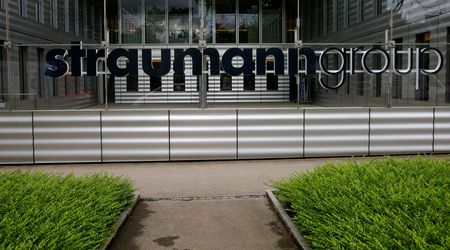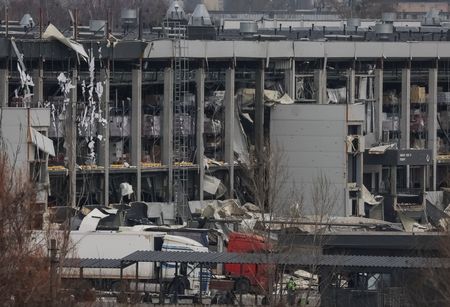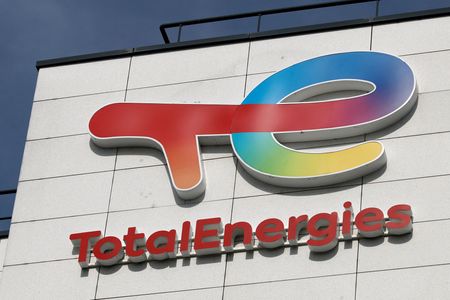By Cian Muenster and Emanuele Berro
(Reuters) -Straumann said on Tuesday that regulatory and pricing changes could reshape competition in the dental implant market, supporting new rivals emerging in China and elsewhere.
Most of the competition in China comes from small companies, and no very strong challenger has emerged yet, CEO Guillaume Daniellot said during the Swiss implant maker’s capital markets day.
“Chinese companies on the implant side have not been able to invest a lot in innovation, go-to-market, education,” he added.
But China’s volume-based procurement rules, which have applied to dental implants since 2023, could favour local manufacturers, changing this dynamic. Pricing for the next procurement round in 2026 has not been announced yet.
Similar discussions on pricing frameworks and local manufacturing are taking place in other regions too, including India and Saudi Arabia, Daniellot said.
Straumann is expanding its local implant manufacturing in China to shield its earnings, including moving 250 jobs from its Villeret site in Switzerland to China, as announced in June.
The group reiterated its goal for average yearly organic revenue growth of 10% through 2030, and said it aimed to increase its operating profit margin by 40 to 50 basis points over the same period.
Its previous target had been set between 25% and 30%, a range where the new goal also fits when comparing to the 2024 margin of 26%. The forecast assumes constant foreign exchange rates between 2026 and 2030.
Daniellot emphasized the importance of partnerships with dental service organizations, which represent around 30% of the total dentistry market, drive patient flow and invest heavily in advertising for high-end treatments.
Demographic trends also support growth, he said, pointing to ageing populations in China, Japan, Germany and Switzerland, and to further untapped potential in emerging markets.
“There is 220 million patients per year who can afford an implant treatment and that have missing teeth, and … only 17 million are doing a treatment on a yearly basis.” Daniellot said.
The company can achieve the 2030 ambitions without new acquisitions, he added.
($1 = 0.8088 Swiss francs)
(Reporting by Cian Muenster and Emanuele Berro in Gdansk, editing by Milla Nissi-Prussak)











